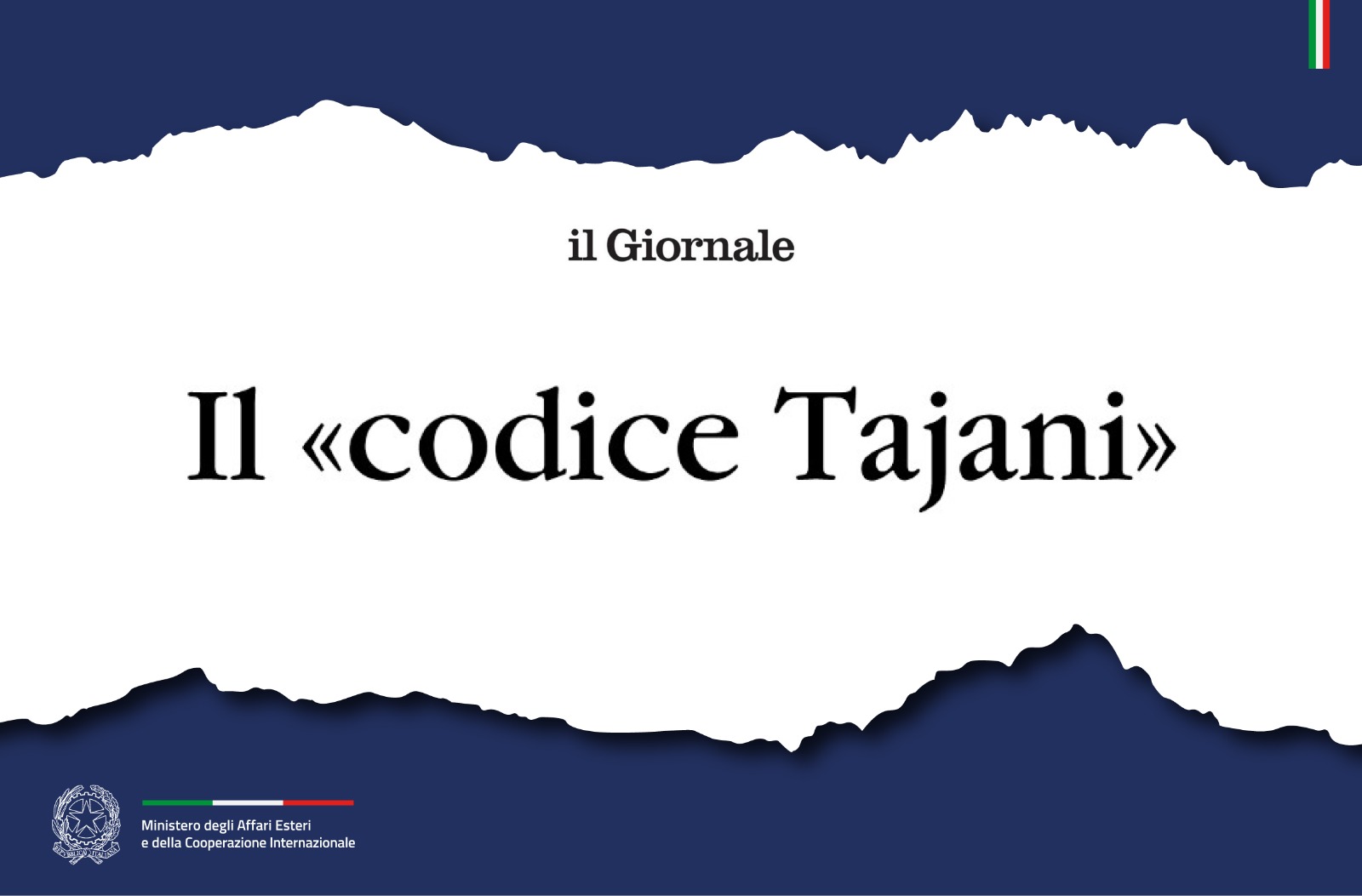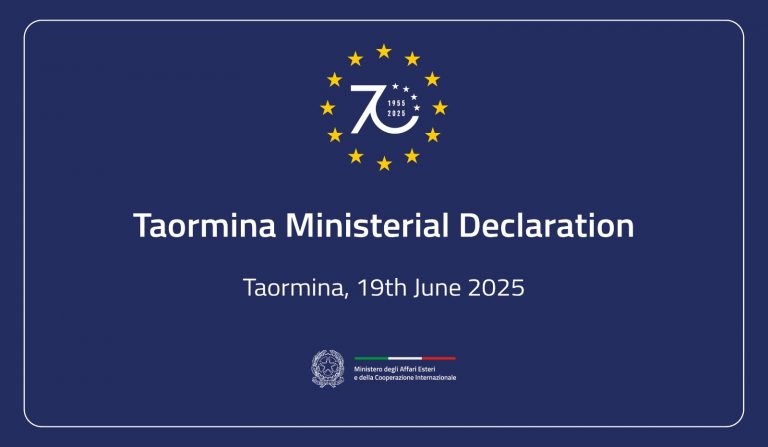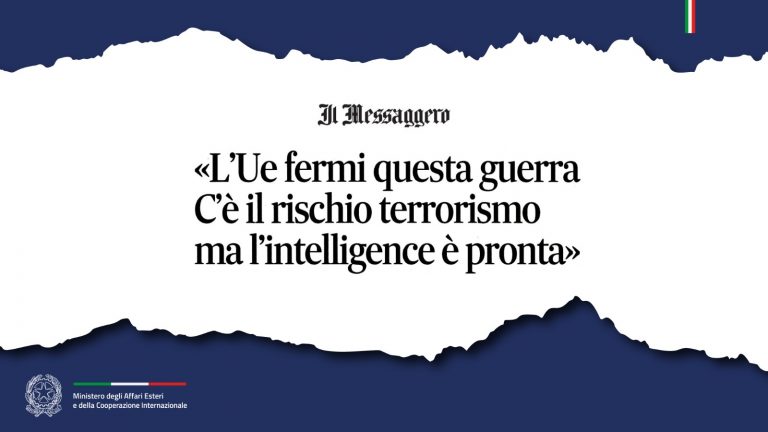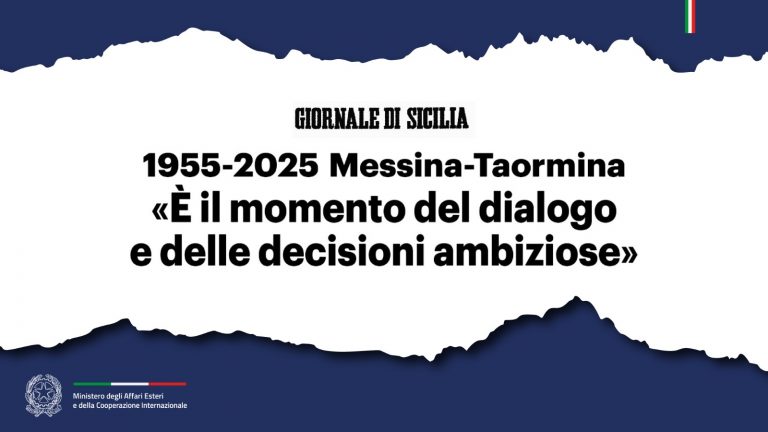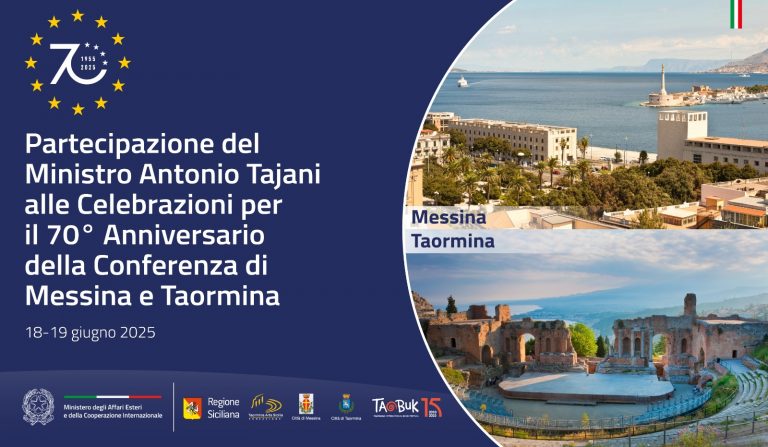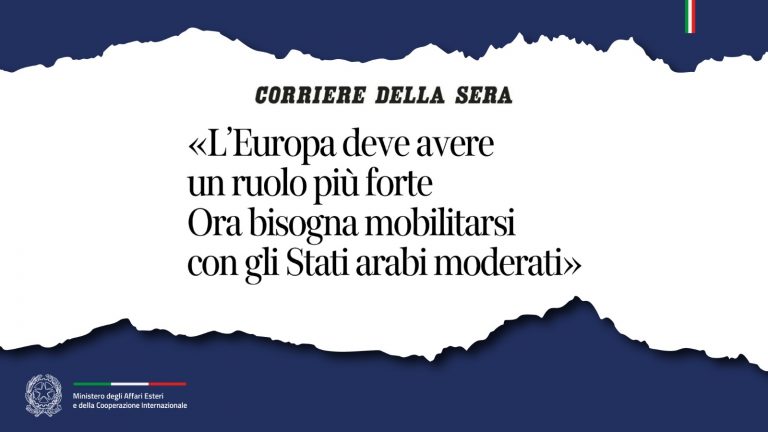Yesterday it became clear just how little is needed to cause permanent damage. The news is frightening and, in these cases, it is never wrong to wait and understand. At 9 PM there were still few certainties. Two Russian missiles were said to have exploded beyond the Polish borders. For half an hour, the danger of a conflict spreading to NATO became real. A point of no return. This is why Antonio Tajani, Deputy Prime Minister and Minister of Foreign Affairs and International Cooperation, decided to be cautious: “The Pentagon and the Americans have not confirmed this yet. Let’s wait to make our judgments,” was his first reaction. Then, at last, a sigh of relief when a Polish radio station announced that the missiles came from Russia, were intercepted by the Ukrainian flak and the pieces accidentally struck Poland, causing the death of two people. Reckless, of course, but in this case history takes a different direction. We have to think about what has happened so far, without taking a leap into the dark. The “world” is looking for a way out.
Italy is looking for a central role at the G20 in Bali, but some hope is rising on the war in Ukraine following the meeting between Biden and Xi Jinping, and Lavrov with Macron and Scholz; but a common EU position is missing.
“Europe has always had different viewpoints but it must become stronger and more political, it must speak with one single voice on foreign affairs, defence and energy. Silvio Berlusconi has always carried out the battle for a European defence; also, we need the majority vote and not a unanimous vote anymore. Apart from legislative power to the European Parliament.”
Putin says his “military operation continues” and accuses Kyiv of not negotiating. Is anything moving forward or is the situation still stuck?
“We must all work for peace and allow diplomacy to take over weapons; but there is no peace without justice and Ukraine is the aggressor, Russia the invader. It will be a good thing if the US, China and even Türkiye’s interventions bring the protagonists around the table.”
You just came back from Brussels where you brought Italy’s requests to the EU Foreign Affairs Council to face the issue of migrants together. You spoke about “everyone’s will to find a European solution” on migrants. Will we finally go from words to actions?
“We reached a political result, we presented the issue seriously and without arguing with anyone. Everyone was aware that the immigration issue is a European issue, and there is the issue of the Balkan route, as well as that of the Mediterranean, in fact there is going to be a summit next month in Tirana, which I will attend with Minister Crosetto. That the situation must be addressed at the European level is what the Pope and President Mattarella are saying.”
You have requested a joint meeting of European Foreign and Interior Ministers and on NGOs, and you want a code of conduct. Is there too much confusion because of the overlapping of international, European and national standards?
“The European Commissioner for Neighbourhood and Enlargement, Várhelyi, agreed with us on our concerns about NGOs, based on the Frontex report. NGOs must save human lives and not organise the transport of illegal immigrants. We are always in favour of solidarity and rescuing people at sea, but it is one thing to talk about the people in the shipwrecks and another to refer to the traffickers behind them. We need international agreements, among all EU countries. Italy has welcomed 90,000 immigrants and only 8,000 have been relocated. We are the southern border of Europe and these people do not want to come to Italy; they mostly want to reach other European countries.”
You think France’s reaction to the Ocean Viking ship was “disproportionate”. Are the relations more relaxed now?
“I had a very good meeting with the French Foreign Minister on Monday. I believe that, even after President Mattarella’s phone call to Macron, we put an end to a controversy that had no reason to exist. We simply asked for cooperation and presented a problem of rules shared by all. Also with Germany.”
Already as President of the European Parliament, you always supported the need for a Marshall Plan for Africa.
“Europe is already investing in Africa, but it lacks rationalisation, an overall vision and specific objectives for climate change, peace and poverty. We must have a privileged relationship with Africa, which will reach 3 billion citizens in 2030 and has raw materials that are very important to us; a relationship not based on exploitation but strong cooperation for common growth. This is why we support the export of wheat from Ukraine to African countries which must not go hungry. As Foreign Minister, my action will be focused on cooperation, among others. I spoke with my Tunisian and Libyan counterparts a few hours ago. We need new bilateral agreements and we need to confirm the ones we have in order to control immigration.”
Should we fear a return to international terrorism following the attack in Istanbul?
“We are always concerned; we need to be vigilant about what is happening in sub-Saharan Africa and Europe must strengthen intelligence cooperation and with NATO.”
Where is Italy looking for its development abroad?
“Also South America and Asia. I would like missions to promote the growth of Italian businesses and trade. Our embassies must be the promoters of our know-how, in line with the other ministries.”

